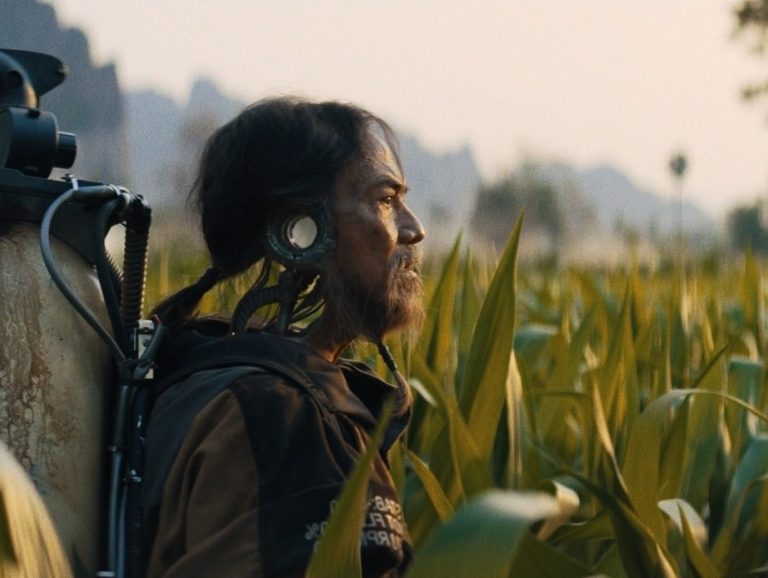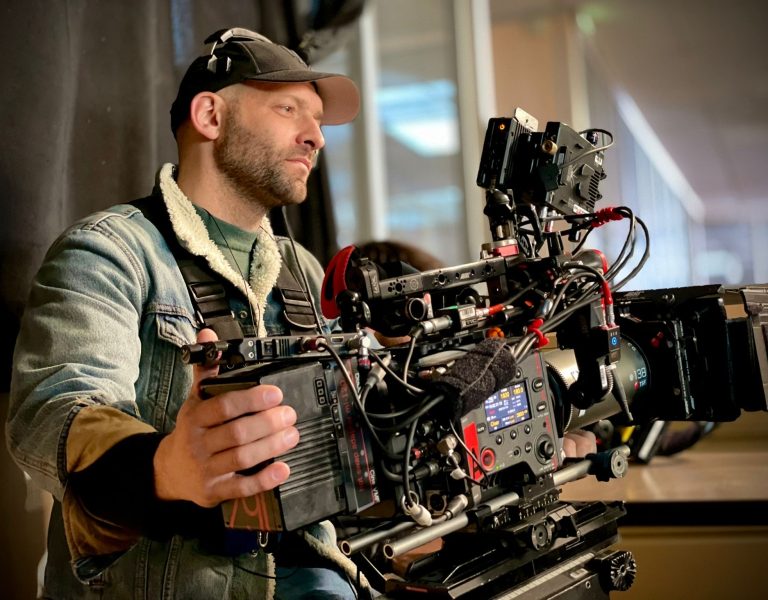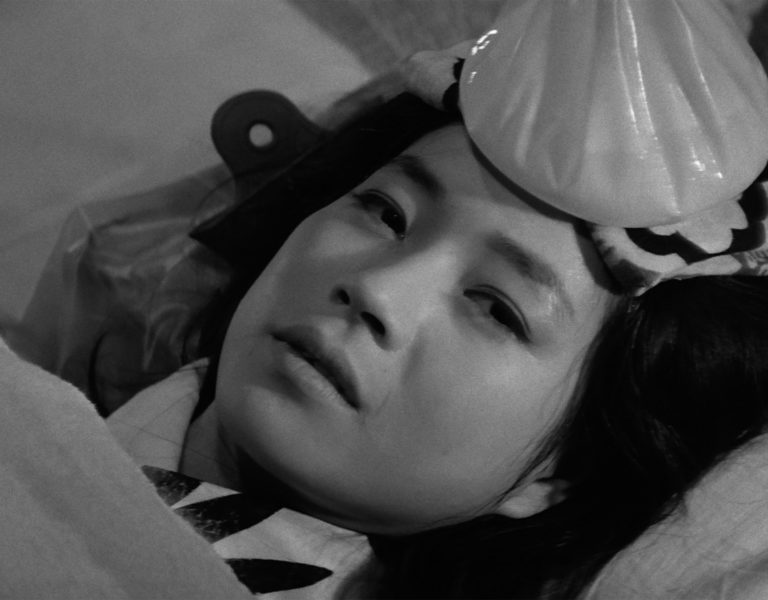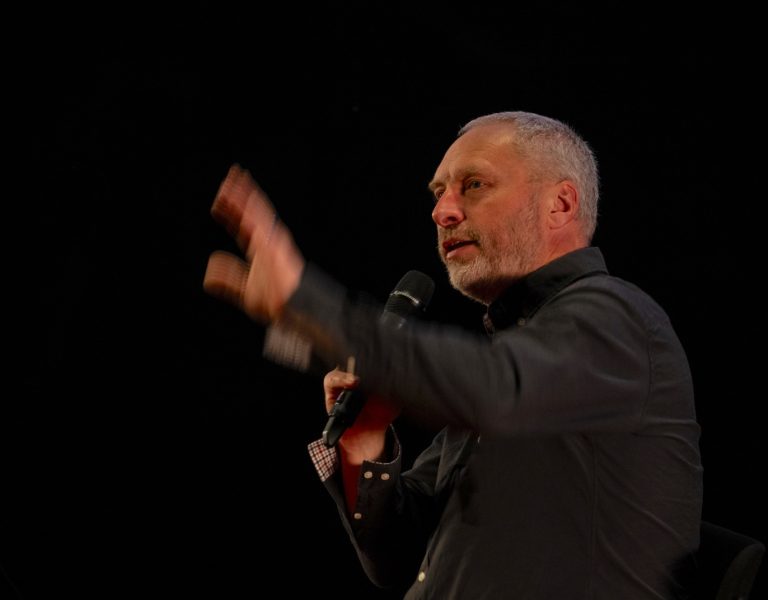Reggae on Film season coming to BFI Southbank this August
Jul 7, 2022
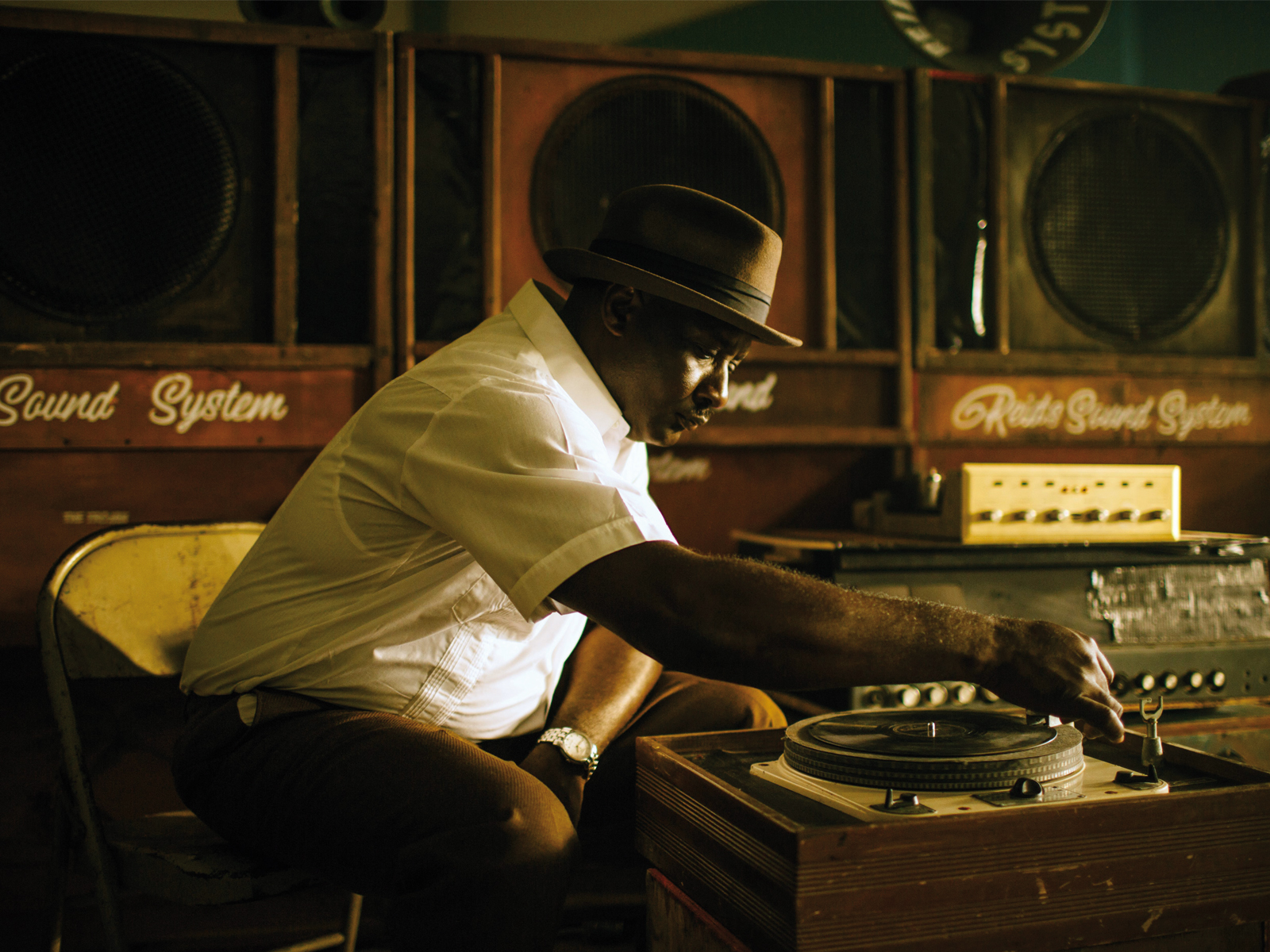
This August BFI Southbank celebrates Reggae music and culture and explores its relationship to cinema with a month-long season: From Jamaica to the World: Reggae on Film.
Programmed by Lloyd Bradley, writer of Bass Culture: When Reggae Was King and Sounds Like London: 100 Years of Black Music in the Capital, the season coincides with 60 years of Jamaican independence from Great Britain, a period in which the new nation remade itself culturally and creatively as well as politically. The season covers all aspects of that culture, as depicted in films such as Burning an Illusion (Menelik Shabazz, 1981), Sprinter (Storm Saulter, 2018), Dancehall queen (Don Letts, Rick Elgood, 1997), Rudeboy: The Story of Trojan Records (Nicolas Jack Davies, 2018) and many more. The season is presented by African Odysseys, which programmes monthly events at BFI Southbank, as well as larger seasons and celebrations of work by and about the African diaspora, and is celebrating its 15th anniversary in 2022.
A highlight of the season will be the BFI Distribution 50th anniversary re-release of classic crime drama The Harder They Come (Perry Henzell, 1972), in selected cinemas UK-wide and on BFI Player from 5 August. Jimmy Cliff brings a knockout soundtrack and charisma aplenty to a film that needs no introduction to anyone with the slightest interest in reggae or Jamaican culture. Besides its credentials as an explosive action thriller with a killer soundtrack, it is universally credited with introducing reggae and the roots movement to the world as a serious cultural proposition. Perry Henzell’s unfiltered portrait of Jamaica’s music industry, the emerging Rasta faith and how so many Jamaicans lived, both in the town and the country, redefined a genre of music, giving it context and weight. Five decades on, that excitement and sense of discovery remain undimmed. The film will screen on extended run at BFI Southbank during the season and a screening on 5 August will be introduced by season curator Lloyd Bradley. Henzell’s only directorial feature No Place like Home: Redux (2006) will also screen during the season and be available on BFI Player. In it, the star of a US shampoo advert goes missing during the Jamaica-based shoot; the ad’s producer sets out to find her with the help of a charming local fixer, leading to an unlikely romance. This is a part-love story, part-love letter to the island’s natural beauty, featuring an iconic cast of Susan O’Meara, Carl Bradshaw, Countryman and Grace Jones.
Also screening on extended run and on BFI Player from 19 August will be Menelik Shabazz’s trailblazing film Burning an Illusion (1981), newly remastered by the BFI in 2K. Vividly capturing the time and the struggles of the Black community in 1980s London, the film is a powerful coming-of-age story, adored by a generation on its original release. Burning an Illusion follows the young and idealistic Pat (in an award-winning performance by Cassie McFarlane), who falls for the troubled Del (Victor Romero Evans), with their romance unfolding against a backdrop of violent police oppression and civil rights struggles. The film is also a powerful reminder of the richness of Reggae music, beloved by the late director – a music culture in which women played a central role, as exemplified by the iconic Janet Kay, who also performs in the film. Burning an Illusion will also be released on BFI Blu-ray by the BFI on 5 September.
Also screening will be Bob Marley: The Making of a Legend (2011), a fascinating documentary mostly comprised of photos and footage shot before the Wailers had any taste of success. Director Esther Anderson, who will take part in a Q&A following the screening on 30 August alongside co-director Gian Godoy, gained intimate access to Marley and his circle, allowing her to observe and discuss their approach to their music. There will also be a special screening of Being Blacker (2018) followed by a Q&A with director Molly Dineen, the eponymous Brixton-based music producer Blacker Dread and musician Naptali on 9 August. This intimate feature documentary tells the story of renowned Jamaican-born reggae record shop owner, music producer, businessman, father, son and community pillar Blacker Dread. As the story unfolds, he reflects on the issues that have dogged his last 40 years in the UK: inequality, poverty, crime and racism, and why he sent his youngest child back to school in Jamaica. Being Blacker is presented on a new 2-disc BFI DVD set alongside the first ever release of Dineen’s 1981 film Sound Business, about sound system culture; The Molly Dineen Collection: Volume 4 will be released on 8 August.
There will also be an event dedicated to exploring dancehall culture on 6 August, that will include a screening of Cori Wapnowska’s Bruk Out (2017), which follows Dancehall Queens from around the world as they come to Kingston to be the Best of the Best. Riddim Moves – A Dancehall Day Event will be a unique day of reggae/dancehall culture presented through films, talks, live performances, lecture demonstrations and discussions. It will feature some of the UK’s leading dancehall experts and performers, including Ashdon ‘Crazy Legz’ Smith, Shelaine Prince, DHK Shortman, Miss Rose, Stush and DJ Outzider, Natural Mystic, Nzinga Soundz and Dr. ‘H’ Patten. Also screening in the season will be Dancehall Queen (Don Letts & Rick Elgood, 1997), set in Kingston’s dancehall scene. This is the story of single mother, who juggles day-to-day survival with bringing up a stroppy teenage daughter and the attentions of two very different men. Escape and eventual salvation lie in her double life of humble street vendor by day and wild dancehall celebrity by night.
A defining factor of reggae over the decades has been how, as the music perpetually shifts, the sound system culture remains constant; what began as Jamaican has adapted to new audiences and environments but always stayed true to itself. Nowhere is this more pertinent than in the UK. Reggae Futures on 20 August will celebrate the uniquely British approach to contemporary reggae. With a selection of film extracts (incl. Jungle Fever, BBC, 1994), join author and season curator Lloyd Bradley, along with a panel of Black British music’s finest, to celebrate the best of this musical revolution and contemplate where it might go next.
On 23 August there will be a rare chance to see the documentary Lion of Judah, War in Ethopia, 1935-1936 (Lutz Becker, 1975), which features original footage from the Italian-Abyssinian war. Emperor Haile Selassie mobilised the Ethiopian and Patriot troops, along with world opinion, against Mussolini in a conflict that presaged the Second World War. It was also a key moment for Black people around the world, galvanising Pan-Africanism and promoting development of the Rastafari movement. Cultural historian Professor Patrick Vernon, OBE, and guests will explore the impact of the war and its relevance today in a post-screening discussion.
Further fascinating music documentaries screening in the season will include Rudeboy: The Story of Trojan Records (Nicolas Jack Davies, 2018), about the legendary UK music label. Shot in Jamaica and the UK, and blending contemporary interviews with rare archive footage, Rudeboy tells the story of reggae’s early international development and how the music crossed from Jamaicans-in-Britain’s blues dances and shebeens to forge a lasting relationship with the country’s working-class youth. Inna de Yard (Peter Webber, 2019) follows a group of reggae veterans including Cedric Myton, Ken Boothe, Judy Mowatt and Lloyd Parks as they discuss life, music and philosophy. Each offers personal cultural histories that add richness and depth to this frank and open documentary. One third of the Wailin’ Wailers and a solo star in his own right, Peter Tosh was one of roots reggae’s most ferociously militant artists, whose story is told in Steppin’ Razor: Red X (Nicholas Campbell, 1992). Never one to shy away from confrontation, his head-on approach to the Jamaican government earned him several beatings and convinced him he was under constant surveillance. This documentary draws on the audio diaries he kept, up to the day when gunmen broke into his house and ended his life.
Theodoros Bafaloukos’ combination of drama and documentary Rockers (1978) begins with drummer Leroy ‘Horsemouth’ Wallace buying a motorbike so that he can distribute records to sound systems. But the real joy of this film lies in its roll call of reggae stars (Burning Spear, Gregory Isaacs, Big Youth). Playing themselves in their own environs, these musicians made Rockers one of the most fascinating portraits of Jamaican roots reggae at its apex. Given how large Marcus Garvey looms over roots reggae and Rasta culture, there has been surprisingly little contemporary work about his remarkable life. Roy T Anderson’s African Redemptiom: The Life and Legacy of Marcus Garvey (2021) uses archive photographs and documents, the activist’s writings, historical critique and modern academic discussion to present a definitive picture of Garvey that doesn’t shy away from controversies associated with him.
Completing the line-up for the season are a pair of films from Jamaican filmmaker and visual artist Storm Saulter. During the 1970s, Jamaica was gripped by political violence as each of the two main parties recruited street gangs to intimidate voters, and to enforce and maintain garrison-type areas in the capital. Based on real events from those murderous campaigns, Saulter’s directorial debut Better Mus’ Come (2010) takes us inside the street battles to explore the country’s politics on a personal level. In Saulter’s second feature Sprinter (2018) Akeem Sharp (Dale Elliot) is Jamaica’s next sprint sensation, who hopes his talent will take him to the US, but events at home look set to disrupt his plans. Forced to navigate his way around his unpredictable father, his older brother’s ambitions and a host of street-hustle obstacles, Akeem finds training to be the least of his challenges.




